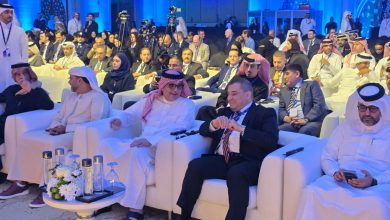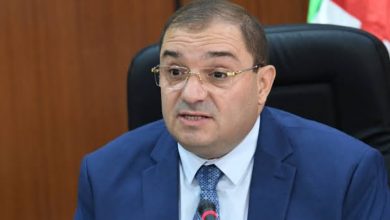Algiers – The Algerian government is embarking on a comprehensive reform of its mining sector, aiming to transform it into a key driver of economic diversification. Minister of Hydrocarbons and Mines, Mohamed Arkab, presented the ambitious plan to the National People’s Assembly’s Committee on Economic Affairs, Development, Industry, Trade, and Planning on Thursday.
The reforms, guided by presidential directives, seek to unlock the vast potential of Algeria’s mineral resources, which have historically been underutilized. Arkab emphasized that despite significant natural wealth, the mining sector’s contribution to the Gross Domestic Product (GDP) remains weak.
This underperformance, he explained, stems from several factors, including insufficient investment in exploration, a lack of up-to-date geological data, and continued reliance on imports of materials readily available domestically, such as iron, barite, bentonite, calcium carbonate, and marble. This import dependency puts a strain on Algeria’s foreign currency reserves.
The existing mining law (14-05) has become outdated, failing to adequately address the needs of attracting investment, developing infrastructure, financing projects, and facilitating technology transfer. However, the enactment of the new mining law last August marks a turning point.
The new legislation streamlines procedures, reduces the time required to grant mining titles, and establishes a single-window system. Crucially, it introduces mechanisms allowing for the leasing or mortgaging of mining titles to finance projects – a first for Algeria.
Minister Arkab underscored that the core objective of the new national strategy is to transition from raw extraction to a fully integrated mining industry with high added value. He highlighted several key projects designed to restructure the sector and boost national industry. These projects are expected to create jobs and significantly contribute to the nation’s economic growth.


